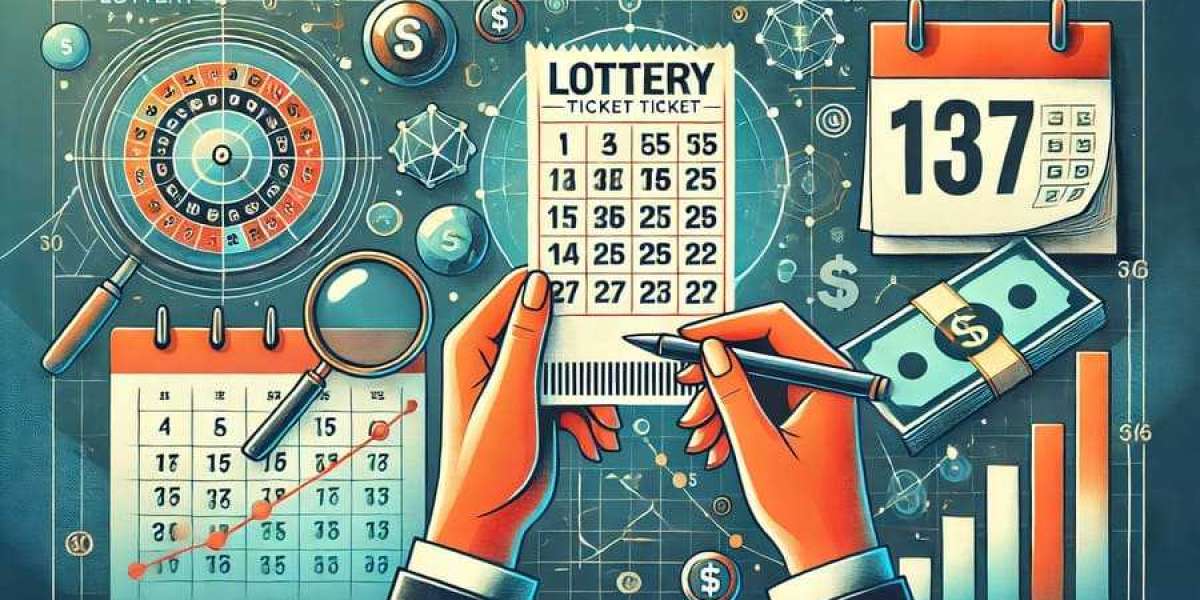While many people imagine lotteries primarily serve as a supply of entertainment, there's additionally a prevailing myth that state governments rely heavily on lottery income to fund necessary public.
While many people imagine lotteries primarily serve as a supply of entertainment, there's additionally a prevailing myth that state governments rely heavily on lottery income to fund necessary public providers. While it's true that lottery revenues contribute to state budgets, they account for under a small fraction of the total funding. In reality, lottery revenues usually fluctuate and may be less predictable than other tax sources. According to the North American Association of State and Provincial Lotteries, lottery funds usually contribute about 1-2 % of a state's overall income. This is a stark distinction to commonly held beliefs that lotteries are a big financial lifeline. Moreover, many states allocate lottery revenues to particular packages, similar to schooling or infrastructure, which could indirectly benefit the broader public as expected.
Another frequent mistake is creating non-random patterns on the ticket itself. This can embrace sequences similar to all even or all odd numbers, and even selecting numbers that form a visually appealing form on the ticket (like a diagonal line). The
Lotto Analysis draws are random, and while it could be tempting to assume that sure number combinations are more doubtless to occur, this mindset can lead to disappointment. Statistical evaluation reveals that truly random draws do not favor specific patterns like consecutive numbers or alternating even and odd numbers. A huge number of gamers would possibly choose such patterns, so if these combinations do happen to win, many will share the prize, resulting in smaller payouts.
The allure of winning the lottery captures the imagination of millions worldwide. Whether it’s the dream of quitting a day job, traveling the world, or simply dwelling a life free of financial concerns, the joy surrounding lottery tickets can be palpable. However, beneath the glitz and glamour lies a fancy world of statistics, probability, and human psychology that greatly influences the selection of winning
Lotto Statistics numbers. Why are profitable lotto numbers so important? This article delves deep into the methods, statistics, and psychological elements that may information gamers in their quest to beat the percentages.
In current years, mobile lottery purposes have gained recognition, offering a modern various to conventional tickets. Many
Lotto Prediction organizations offer secure apps that permit players to purchase tickets digitally, reducing the risks associated with bodily tickets. These apps often require sturdy authentication and likewise supply features like tracking your numbers and computerized notifications for successful tickets. Moreover, shopping for tickets via official functions minimizes the danger of loss or theft, as your winning numbers are securely stored within the app rather than on a physical piece of paper. If you're considering this option, make sure that the applying is legitimate and provides strong security measures to protect your account.
Once you purchase your lotto ticket, it's imperative to sign the again instantly. This practice serves as a declaration of ownership and can stop others from claiming your ticket should it be misplaced or stolen. In some jurisdictions, failing to sign a ticket can lead to complications in claiming winnings. Furthermore, writing down the date of the drawing and the numbers also can protect your ticket. This additional step ensures that if another person discovers your ticket, they can not simply claim it as their very own. By marking your ticket promptly, you identify clear possession and considerably improve your chances of efficiently claiming any potential winnings.
There are numerous success stories of gamers who have hit the jackpot through each strategic quantity selection and sheer luck. For instance, in 2016, a gaggle of twenty auto staff pooled their resources to purchase extra tickets collectively. They opted for diverse number selections and finally received a major jackpot. This emphasizes the potential advantages of sharing assets and diversifying quantity choices. Similarly, analyzing patterns from recent winners by studying the numbers they played can also offer insights. Yet, it’s essential to do not forget that each win underscores the unpredictable nature inherent in lotteries.
It's often said that lotteries disproportionately affect lower-income people and households, rendering them a 'tax on the poor.' This perspective arises from the statement that lower-income groups are inclined to spend a larger proportion of their revenue on lottery tickets. While it's true that monetary hardships can lead some individuals to pursue lotteries as a path to wealth, the narrative is extra advanced. Many gamers, no matter revenue, enjoy the expertise of playing the lottery without dangerously overextending their funds. The mischaracterization of lotteries as a tax overlooks the individuals' company and decision-making in engaging with this form of entertainment. However, it does elevate important discussions surrounding responsible gaming and the necessity for public schooling on financial literacy to ensure all gamers can strategy playing more correctly.
